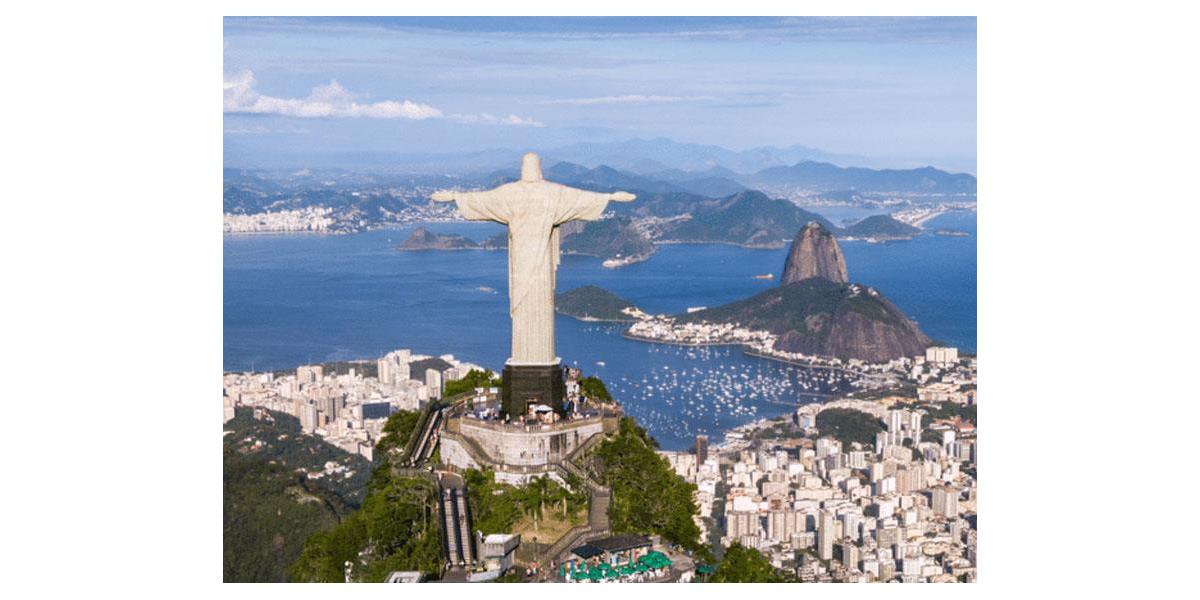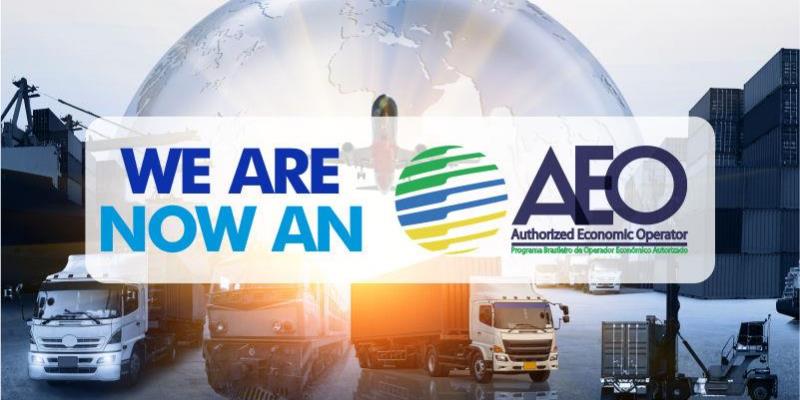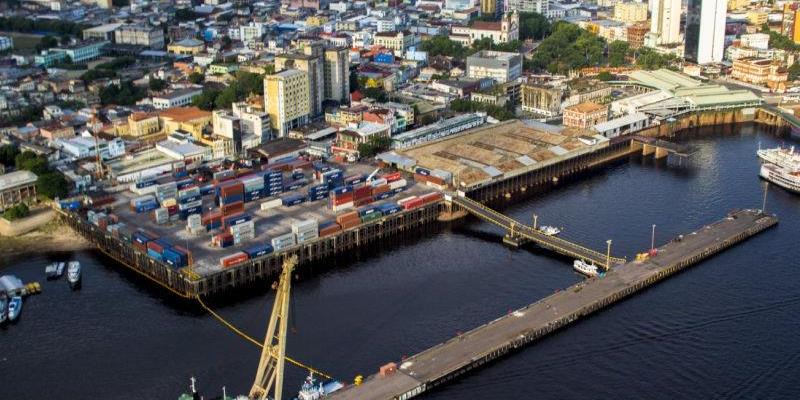Export to Brazil: What NOT to do when exporting to Brazil?

Brazil is the largest economy in Latin America and the 8th largest in the world, however, it is yet a very protectionist nation, just go on and ask to any Brazilian importer and he will tell you stories about how difficult it is to export to Brazil.
So, if you intend to export in the future (or even if you already do), check out these tips of what NOT to do when exporting to Brazil.
They are simple but taking them into consideration will help you stand out among exporters.
Export to Brazil: Shipment without authorization.
There are certain products in Brazil that require a Brazilian import license, approved prior to shipment so that the import can be authorized. The Regulatory Agencies are the government bodies who grant such licenses, state-owned companies that regulate and control the entry and exit of goods in the Country, along with Customs, represented by the Special Department of Federal Revenue of Brazil (known locally as Receita Federal).
It is possible to verify whether the product requires or not this license based on its NCM code (Mercosul Common Nomenclature, which is the 8-digit code established in accordance do the Harmonized System (HS) Code).
Why is this bad?
If by any chance the goods that require license are shipped without it being approved first, the buyer (here in Brazil) will be fined for lack of the license to ship and the penalties may vary from BRL 250.00 to BLR 2,500.00 (already considering the reduction foreseen in Brazilian law).
There is also the risk that the goods could not even be shipped to Brazil in a first place and for a number of reasons: price charged against antidumping practices under the national domestic market (and which would harm Brazilian industries), technical specifications not in accordance with what establishes Brazilian legislation or even the existence of ban on buying/selling such products.
What to do instead?
If you are going to export to Brazil it means that you have a client here who wants to import, so, initially, ask him whether his documents and permissions are up to date and valid to import.
Check, in advance, whether he needs time to apply for the import license and what documents he needs to quickly get it. Generally, the Brazilian buyer will be able to issue a license using the Proforma Invoice and the Packing List.
By doing that you will be able to avoid a likely problem to your customer and gain his trust even more.
Export to Brazil: Issuing documents without consulting the importer.
As previously mentioned, Brazilian bureaucracy demands a lot of documents to prove the legality of an importation.
Therefore, when exporting to Brazil it is necessary to be aware of and follow the instructions contained in the Customs Regulation (which gathers all the customs laws, rules, and regulations in the country).
This Regulation establishes which documents must be submitted when importing to Brazil, in addition to what information is required for all the statements the importer must provide upon arrival of the goods in the country.
Hence, issuing the documents based on your side only is not advisable, considering that it can make the operation and purchase of the goods impossible.
Why is that bad?
Because the documents were issued with an error in the information, or even the lack of it, it may cause a ripple effect and the whole process will flow tarnished up to Brazilian Customs.
Customs, when analyzing the process, will notice that the information is either incomplete, inaccurate, or even imprecise, and that will give cause to a fine equivalent to 1% of the CIF value (which is the sum of the goods price, the freight and international insurance plus the Terminal Handling Charges at the destination), in Brazilian currency.
This becomes very costly for the importer and he will think twice before buying any product from you again.
What to do instead?
As usual in any relationship, establishing a good communication with the buyer before issuing the documents is paramount.
Ask the Brazilian importer what documents he needs, but know by now that the main ones are:
- Commercial Invoice
- Packing List
- Bill of Lading or Air Waybill
Depending on the product and the country of origin, you may also need:
- Certificates ofAnalysis
- Certificate ofOrigin
By receiving this feedback from your client allows the operation to be duly supported with the proper documentation in an orderly and correct manner.
Export to Brazil: Send free gifts along with the cargo.
A very friendly tradition among human beings is to give gifts to one another, which, in addition to make the other person happy, is a way to start a possible relationship based on trust, loyalty and commitment and you probably want that for your relationship with your client, right?
And you as an exporter may think that this is a good practice in the business world, however, at the Brazilians Customs point of view this is not seen with good eyes. Let us find out why…
Why is it bad?
This may turn on a warning signal at Brazilian Customs control system. It happens like that because Brazilian IRS does not consider any object shipped along with the main cargo as a mere gift (otherwise people would probably use this as an excuse to bypass taxation).
Therefore, even if you want to send a gift to your client, the object shall be registered in every document related to the operation and shall be taxed too. Besides that, IF the item is subject to import licenses (like food and beverages), this will be required prior to the shipment too, as we have mentioned at the first topic above.
In another words, the emotional distress would be real for the importer, as he would have to explain himself to the Brazilian authorities and that would cause delays and burden to the whole process, which likely would be charged later from the exporter: you.
What to do instead?
The best thing to do is NOT to send gifts to Brazilian importers using the same shipment of the cargo at all... so if you still want to demonstrate a gesture of good will, send small gifts via courier (FedEx or UPS, for instance).
This kind of shipment are subject to much less bureaucracy and will not cause any harm to your client. Anyway, in addition, you could also let your client know that you are sending him a gift so he can be prepared to comply to any sort of policy his company may have in place related to such practices (nowadays in Brazil these anti-bribery and anti-corruption policies are quite common…).
Export to Brazil: NOT TO pay attention to the proper international treatment given to wooden packages or pallets.
In September 2015, MAPA (which stands for Ministério da Agricultura, Pecuária e Abastecimento), a federal state agency that rules and controls agribusiness matters in Brazil, published the Normative Instruction no. 32/2015 establishing as mandatory that any type of product that may be imported or exported with or be stored in wooden package or pallets must have the IPPC stamp.
This normative refers to several instructions, suggestions, and countermeasures about the IPPC stamp, which not only attests that an inspection was carried out regarding that cargo, but also the shipment is free from pests.
That is why it is of utmost importance that any traces of wood should bear the IPPC mark, in addition to the documentation that proves that the material has been approved in any inspection realized.
Why is that bad?
The answer is quite simple. All and every wood shipped without IPPC stamp shall return to its origin and, not only that, depending on how the goods are packed with the wood, if MAPA decides that the goods are also compromised: they shall return too.
Which is the worst-case scenario: when MAPA determines that not only the wood but the goods shall also be shipped back to its origin, meaning that the importer will not have access to its goods anytime soon so that he can finally use it or sell it. Meaning: a massive loss.
If MAPA understands that only the wood shall be shipped back to its origin, the goods shall only be released when the nonconformity material is boarded again (in the meantime, the costs of storage keep piling up due to an expedition mistake).
What to do instead?
When exporting to Brazil, make sure that an inspection is carried out at the origin, in accordance with the international convention about the matter. That shall guarantee that every wood used is marked with the IPPC stamp and shall arrive in Brazil in good order.
There is also the option of using other type of material instead of wood (like pallets made of plastic or carton boxes), pushing away any chance of setbacks to the Brazilian buyer. However, in order to do so, it is important to check with your client how the goods are going to be handled as there must be a prior plan for that type of package.
Let’s export to Brazil?
Brazil, in a general context, may be an excellent trading partner, as long as if treated with care and attention. Therefore, save this article as a guideline for future negotiations when selling to importers from the great South American giant.
What about you, exporter? Have you ever shipped any product to Brazil? Do you have any experience in this type of shipment that you would like to share? Let us know about it in the comments. Your comments are especially important to us.
And if you need any assistance to negotiate with Brazilian importers, we are at your entire disposal, feel free to contact us anytime!
Veja Também
 CONEXO’s 32nd Anniversary brings news of major changes
CONEXO’s 32nd Anniversary brings news of major changes
 AEO Certificate: What is it, its importance, and its benefits
AEO Certificate: What is it, its importance, and its benefits
 What you need to know about the Port of Pecém
What you need to know about the Port of Pecém
 Conexo has been awarded AEO Accreditation
Conexo has been awarded AEO Accreditation
 What you need to know about Port of Manaus
What you need to know about Port of Manaus
 What you need to know about the Port of Suape
What you need to know about the Port of Suape


